Independent Living Institute (ILI)
ILI promotes the self-determination of people with disabilities.
The Independent Living Institute (ILI) works to promote opportunities for individuals with disabilities for more personal and political power, self-determination, full participation and equality through information, education, lobby and project activities.
The Independent Living Institute (ILI) has been granted SEK 4,768,500 for the project "Disabled Refugees Stories. Adabi – A Sustainable Structure for Migrant Storytelling."
30 September 2025
The project aims to develop a structure for how stories—which may include fictional narratives—from persons with disabilities who have arrived in Sweden from other countries can be encouraged, expressed, preserved, and disseminated. The purpose is for the storytelling and the story itself to ultimately be a key to integration, as well as increased representation and participation in society. Read more..
New director Emil Erdtman, 1 September 2025
Following the death of Adolf Ratzka, the founder of the Independent Living Institute (ILI), who passed away in 2024, some organisational changes have taken place. Jamie Bolling has stepped in as the institute's chairman and today, September 1, 2025, hands over the role of director to Emil Erdtman. Emil was 2017–2019 the project manager for ILI's project Law as a tool. He then completed his doctorate at Lund University. The thesis is called Universal design in practice: understanding, implementation and co-creation. The position at ILI is part-time and Emil also has a minor research position at Stockholm University and during the autumn a part-time position at DHR. Emil has a congenital visual impairment and lifelong experience of living with a disability.
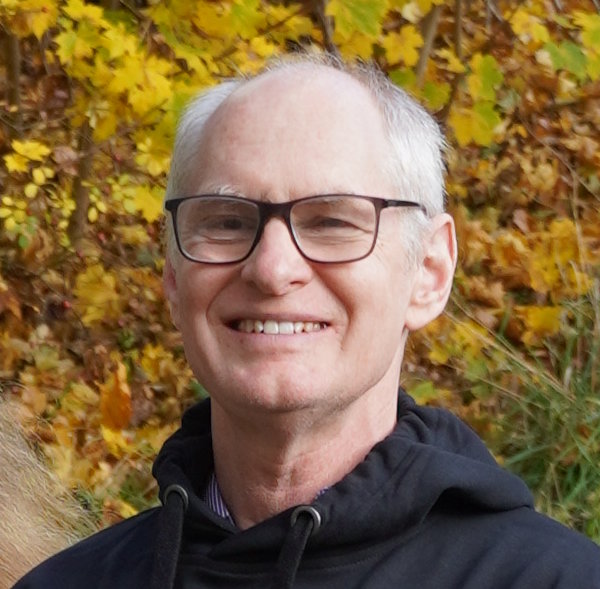
Emil will represent ILI at conferences and events, starting in September by sitting on a panel at the EU project MuseIT's final conference. This research project, coordinated by the University of Borås, is about equal access to art and culture. Among other things, it examines how new digital tools can enable more people to experience art and music through multiple senses. On September 12, Emil will lead a workshop in Cyprus, at a research conference on assistive devices, about what we can learn from the history of assistive technology development. Many aids have been developed by people with disabilities who had ideas and fought for a better and more dignified life. Read Emil's book on the history of aids at the Handicap historical association.
At the office, work continues looking for future projects and ensuring that current projects succeed. ILI has just launched the My Life, My Choice project. It is about the right to supported decision making and tests new methods for decision support with people who use guardians or trustees
What is Independent Living
Independent Living is a philosophy and a movement of people with disabilities who work for self-determination, equal opportunities and self-respect. Independent Living does not mean that we want to do everything by ourselves and do not need anybody or that we want to live in isolation. Independent Living means that we demand the same choices and control in our every-day lives that our non-disabled brothers and sisters, neighbors and friends take for granted. We want to grow up in our families, go to the neighborhood school, use the same bus as our neighbors, work in jobs that are in line with our education and interests, and start families of our own.
Since we are the best experts on our needs, we need to show the solutions we want, need to be in charge of our lives, think and speak for ourselves - just as everybody else. To this end we must support and learn from each other, organize ourselves and work for political changes that lead to the legal protection of our human and civil rights.
We are profoundly ordinary people sharing the same need to feel included, recognized and loved.
As long as we regard our disabilities as tragedies, we will be pitied.
As long as we feel ashamed of who we are, our lives will be regarded as useless.
As long as we remain silent, we will be told by others what to do.
Adolf Ratzka 2005
Adolf Ratzka died on July 21 2024 in an accident during a forest walk in Vårberg in Stockholm where he lived. He was 80 years old. He is greatly missed. In 2021 he started to collect together his publications on the website ratzka.se where you can find among other things his incomplete memoirs.
Independent Living Institute projects and websites
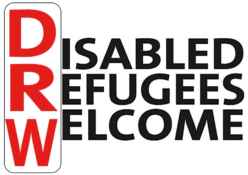
Disabled Refugees Welcome (DRW) - Support center for migrants with disabilities
Mutual Integration and the Right to Work (RTA) was a project run by the Independent Living Institute (ILI) and funded by the Swedish inheritance Fund. The project built on the experiences from ILI's previous project Disabled Refugees Welcome, DRW, (2017-2020). Just as in DRW, RTA contributed to an improvement of the integration process for migrants with disabilities, but in RTA access to work was in focus.
Now we are called: Disabled Refugees Welcome - Support center for migrants with disabilities and in addition to counseling, we work strategically to facilitate migrants' access to their rights. By establishing a common strategy and collaborating with different organizations, support can be made more efficient and more accessible to those who need it most.
Assistanskoll is a website providing news, facts and numbers, analysis and advice to assistance users, their families and assistants in the selection of assistance providers. Assistanskoll keeps the public up to date with changes in legislation, case law and market developments.
My Life, My Choice! - The right to support to decide for yourself.
Deciding on one's own life is a human right. Some need help and support to be able to do that. We want to investigate new methods to make this work better. In Sweden today there are two forms of guardianship. We want to improve this system. We want to try having a group of people instead of just one “good man”. The group must let the main character (the one who has support for decision making) decide on his own life. We will also have study circles on rights and self-determination. And peer support. Peer support means that people in the target group help each other.We will compare different decision support models to see which methods are best.
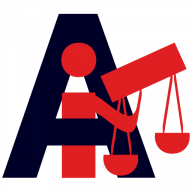
The Disability Discrimination Reporting Service (Anmälningstjänsten)
Anmälningstjänsten helps individuals and organizations to report cases of discrimination to the Equality Ombudsman and, when appropriate, the respective municipal building authority. The service has been running for 20 years.
Completed projects (after 2010)

Article 19 as a tool
Article 19 of the UN Convention on the Rights of Persons with Disabilities is about everyone's right to a self-determined life in the community regardless of functionality. The project disseminates knowledge of the convention, examines the Swedish laws and the degree of implementation compared to the international commitments that follow from the convention. The website is lagensomverktyg.se. The project was funded by the Swedish Inheritance Fund for three years and reuses the website from the Law as a Tool project (2016 - 2019) that raised awareness of disability discrimination and legal tools to prevent and redress discrimination.
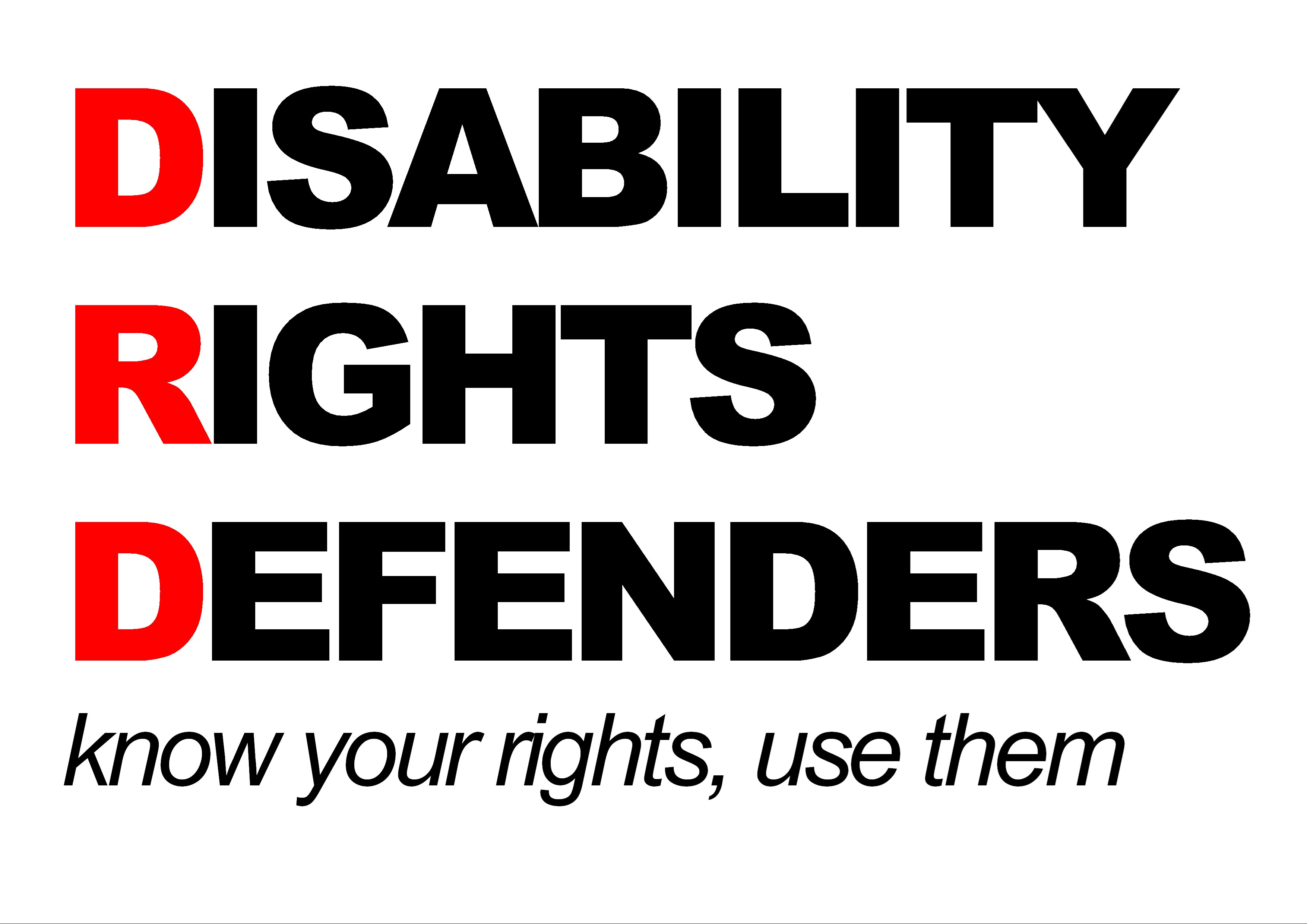
Disability Rights Defenders (DRD) is a network of individuals and organizations with an interest in disability rights and disability law. The purpose of the network is equal rights and access to justice. We promote this by spreading and deepening legal expertise about disability rights among disabled people, disabled people’s organizations, lawyers and law schools for reciprocal empowerment by sharing knowledge and expertise on how to use the law as a tool. Read more about DRD and how to become part of it here..
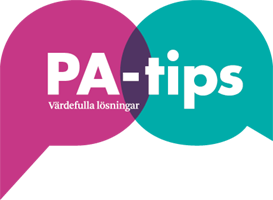
Assistanstips (Personal Assistance Tips)
The PAtips website has tips, tricks and examples of assistance solutions developed by personal assistance users in Sweden and their assistants.
Fashion Freaks
Fashion Freaks, the website, is a wardrobe full of adapted basic patterns, sewing and knitting instructions, descriptions about customizing ready-made clothing and much more - all to suit wheelchair users. (2005-2007 and 2010 – 2015)

